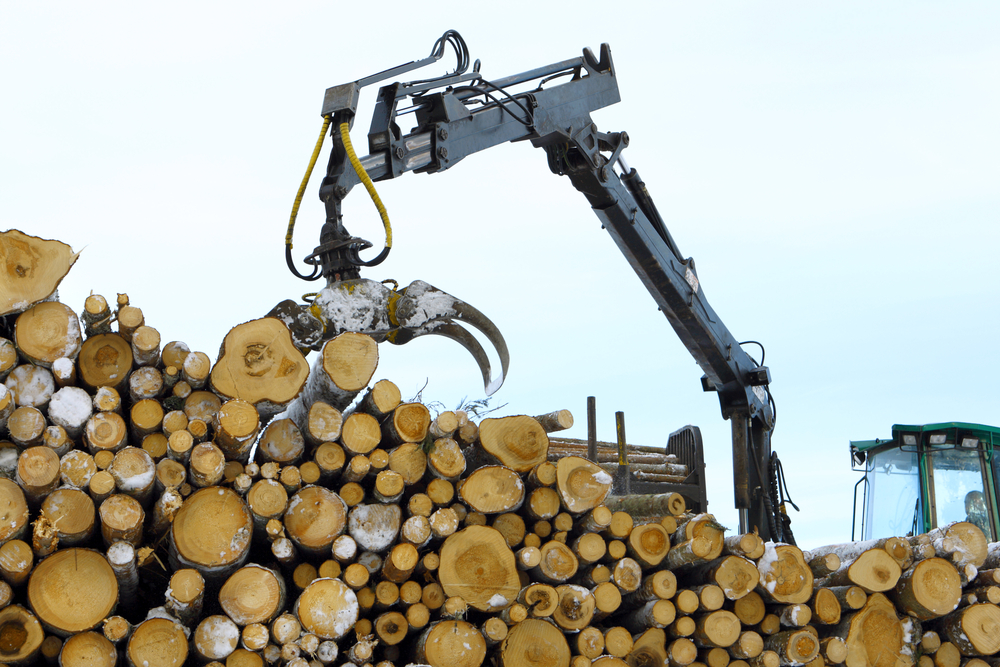The Rural Independent Group of TDs have re-iterated their call on the government to accept amendments to the Agriculture Appeals (Amendment) Bill 2020 relating to forestry which comes before the Dáil today (Tuesday, September 29).
They say the changes would strengthen it to fully deal with the ‘shocking’ backlog of forestry application appeals, alongside protecting thousands of at-risk jobs across rural Ireland.
The group of independent TDs say they are extremely concerned by what they describe as the government’s attempt to accede to the ‘Dublin 4 style bandwagon of objectors’, at the expense of rural Ireland and the future of the forestry sector.
Impact of forestry appeals
“We’re two or three years talking about it and we thought the legislation, at this stage, would be robust,” deputy Mattie McGrath said, speaking to AgriLand ahead of the Dáil debate on the bill today.
“100 amendments to this that were rejected in the Seanad – it’s going to be the same in the Dáil.”
The Rural Independent Group has proposed 17 amendments, according to McGrath – amendments that are “badly needed”.
“Otherwise, it’s going to be a complete waste of paper,” the deputy continued.
“Unfortunately, the Green Party got [its] hands on the legislation and it’s a feeble effort to try and give some bit of breathing space to those in the sector.
“We have to balance our industry. This crisis couldn’t have come at a worse time with the pandemic.”
‘Current system not fit for purpose’
Speaking at Leinster House today ahead of the Dáil debate on the bill, deputy McGrath said:
“As a group, we have been consistently raising the crisis impacting the Irish forestry sector, and specifically the impact that the appeals, under the ecology heading, are having on the administration of the current forestry licencing system.
The current system is not fit for purpose, putting the entire sector at risk while simultaneously hindering afforestation targets.
“The forestry industry, including cooperatives and some 23,000 farmers/growers, who contribute €2.3 billion to the Irish economy and support 12,000 jobs, have been highlighting these issues for some time.
“The backlog has negatively impacted both the industry and the environment, resulting in a dramatic demand for imported timber,” said Deputy McGrath.
“We had advocated for a meaningful bill, addressing all of the genuine industry concerns to move through the Oireachtas swiftly; however, we see that a feeble or completely watered down attempt of a bill is now being rammed through both houses of the Oireachtas without adequate scrutiny.
“The ongoing backlog has engulfed the sector in an extremely negative way with the industry’s capacity to maintain jobs now at breaking point. Many of these jobs are within the rural agriculture, timber processing and haulage sectors,” he added.
These sectors are depending on us to get this bill right; to expedite a half-baked bill would not serve the public interest and would see the damage continue.
Lack of timber supply
The group says that the delays in forestry licencing and appeals has brought the industry to “breaking point”, with “family enterprises being destroyed” as well as a “grave lack of timber supply” within the domestic market.
Deputy McGrath continued: “In fact, the current situation is so drastic that it now takes over two years to decide on appeal applications in respect to the planting and felling of trees. This cannot continue, when over 689 appeals are currently in the system, or three times the amount received in 2017 and 2018 combined.
The situation is even more stark when you consider that the current appeal committee is only processing 20 appeals a month. This is grossly unfair to both the applicant and the genuine appellant.
“Under the current system, any member of the public can appeal a forestry licence decision. This has resulted in an overwhelming volume of appeals,” he said.
Deputy McGrath said: “We believe that if this provision is prioritised for implementation, then it will go some way toward addressing the delays, particularly under the ecology heading, that have de-stabilised the sector and undermined rural employment.
“We will be tabling 18 amendments to the bill at committee stage. These amendments aim to strengthen the bill, expedite the processing of appeals and drastically reduce the number of vexatious appellants currently plaguing the system,” McGrath concluded.
